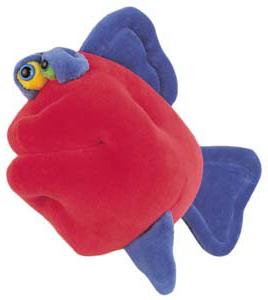| There lowly in the vigorous summer |
| His form began its senseless change, |
| And made my senses waver dim |
| Seeing nature ferocious in him. |
| Inspecting close his maggots' might |
| And seething cauldron of his being, |
| Half with loathing, half with a strange love, |
| I poked him with an angry stick. |
| The fever arose, became a flame |
| And Vigour circumscribed the skies, |
| Immense energy in the sun, |
| And through my frame a sunless trembling. |
| My stick had done nor good nor harm. |
| Then stood I silent in the day |
| Watching the object, as before; |
| And kept my reverence for knowledge |
| Trying for control, to be still, |
| To quell the passion of the blood; |
| Until I had bent down on my knees |
| Praying for joy in the sight of decay. |
| And so I left; and I returned |
| In Autumn strict of eye, to see |
| The sap gone out of the groundhog, |
| But the bony sodden hulk remained. |
| But the year had lost its meaning, |
| And in intellectual chains |
| I lost both love and loathing, |
| Mured up in the wall of wisdom. |
| Another summer took the fields again |
| Massive and burning, full of life, |
| But when I chanced upon the spot |
| There was only a little hair left, |
| And bones bleaching in the sunlight |
| Beautiful as architecture; |
| I watched them like a geometer, |
| And cut a walking stick from a brich. |
| It has been three years, now. |
| There is no sign of the groundhog. |
| I stood there in the whirling summer, |
| My hand capped a withered heart, |
| And thought of China and of Greece, |
| Of Alexander in his tent; |
| Of Montaigne in his tower, |
| Of Saint Theresa in her wild lament. |

